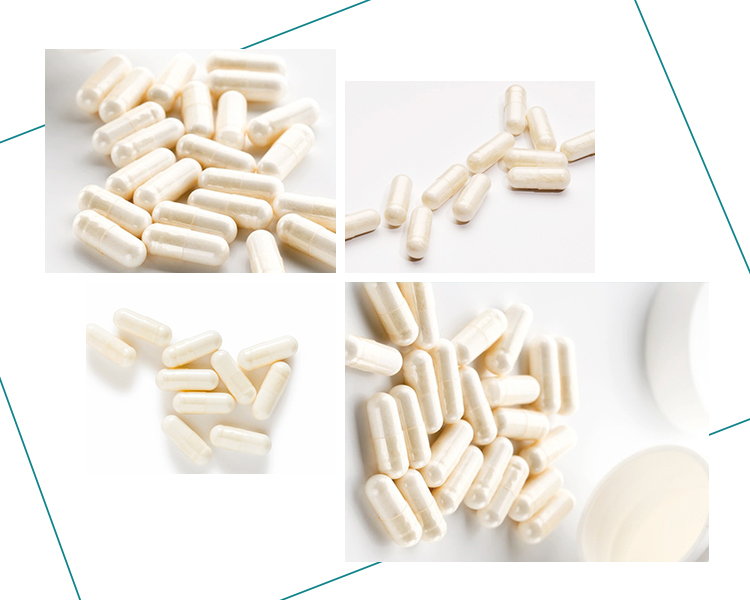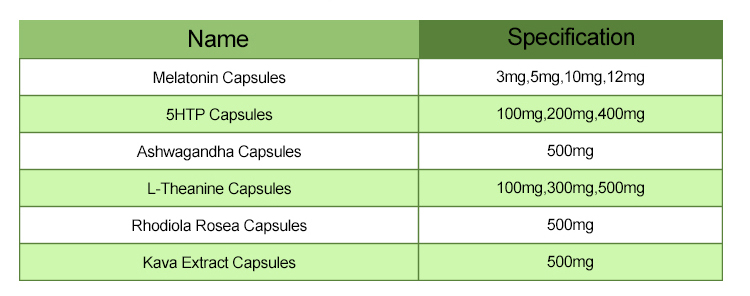Melatonin capsules are a type of supplement that contains the hormone melatonin. Melatonin is naturally produced by the pineal gland in the brain and plays a key role in regulating sleep-wake cycles. Here’s an overview of what comprehensive research on melatonin capsules might entail:
Effectiveness for Sleep Disorders: Studies often evaluate how melatonin supplementation affects sleep quality and duration in individuals with sleep disorders such as insomnia, delayed sleep phase disorder, or jet lag. Research may include randomized controlled trials (RCTs) comparing melatonin to a placebo or other sleep aids.
Dosage and Timing: Research examines the optimal dosage of melatonin for different age groups and conditions. This includes investigating the effectiveness of various doses and formulations (such as immediate-release vs. extended-release) as well as the timing of melatonin administration in relation to bedtime.

Safety and Side Effects: Comprehensive research assesses the safety profile of melatonin supplementation, including potential side effects such as drowsiness, headache, dizziness, or gastrointestinal disturbances. Long-term studies explore the risks associated with prolonged use, including tolerance, dependency, and hormonal disruptions.
Special Populations: Studies may investigate the use of melatonin in specific populations, such as children, the elderly, or individuals with certain medical conditions (e.g., neurodevelopmental disorders, mood disorders, or cancer). Research in these groups often focuses on safety, efficacy, and appropriate dosing.
Jet Lag and Shift Work: Melatonin’s role in mitigating jet lag symptoms and improving sleep quality in shift workers is a common area of research. Studies explore the effectiveness of melatonin supplementation in adjusting circadian rhythms and reducing the impact of irregular sleep schedules.
Neurological and Mood Disorders: Some research examines the potential therapeutic effects of melatonin in neurological conditions such as Alzheimer’s disease, Parkinson’s disease, or migraine, as well as mood disorders like depression and anxiety. Studies investigate melatonin’s neuroprotective and antioxidant properties.
Interactions and Contraindications: Research assesses potential interactions between melatonin and other medications or substances, as well as any contraindications for certain populations (e.g., pregnant or breastfeeding women, individuals with autoimmune disorders, or those taking certain medications).
Regulatory Considerations: Comprehensive reviews may discuss the regulatory status of melatonin supplements in different countries, including regulations regarding manufacturing standards, labeling requirements, and permissible claims about efficacy and safety.

Meta-Analyses and Systematic Reviews: Meta-analyses and systematic reviews pool data from multiple studies to provide a comprehensive overview of the evidence regarding melatonin supplementation. These analyses can help identify consistent findings, gaps in research, and areas warranting further investigation.
Overall, comprehensive research on melatonin capsules encompasses a wide range of studies investigating their efficacy, safety, and potential applications in promoting sleep and managing various health conditions.
